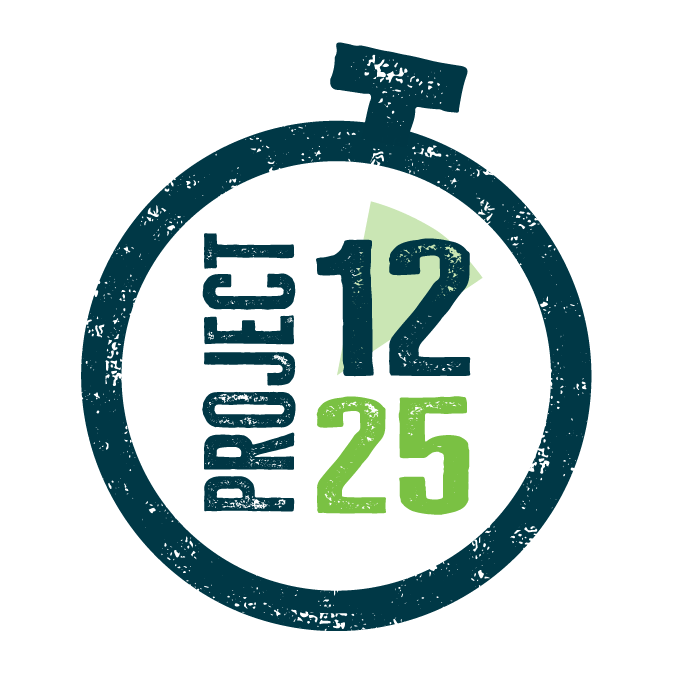On this page
- Request for Service
- Asbestos Contamination
- Methamphetamine Contamination
- Recreational Water
- General Complaints or feedback
- Contact us
Please get in touch with us if you have any concerns or feedback about our service.
Our environmental health team also investigate a range of matters relating to public health, including:
- Unregistered premises,
- Foreign matter in food (i.e. hair, glass, general food safety etc)
- Industrial noise – businesses that causes noise contravenes the District Plan.
- Concerns about any premises, business or activities that was mentioned in this page.
- Complaints relating to the Health Act, i.e. odour or pests related to the said premises, cleanliness or a premises, no ablutions, etc.
Most complaints that relates to smell, fumes, smoke or odour will go to Environment Southland.
Illnesses may need to go to Public Health South.
Request for service
Get in touch with the appropriate team, including the following information:
- Name:
- Contact address:
- Contact number:
- Contact email:
- Type of complaint/feedback:
- Address of the complaint:
- Details of the complaint:
Email through to:
- Health: dutyhealth@icc.govt.nz
- Food: food@icc.govt.nz
We will review your request within 5 business days. Should we have any questions, a member of the team will be in touch via email or phone, so we recommend you leave a number.
Asbestos contamination
Properties contaminated with asbestos can be a health risk. This usually happens when the building material containing asbestos is disturbed, affecting residents and neighbouring properties. To prevent health risks associated with exposure to asbestos, different agencies work together to ensure that the effects are minimised.
You must take care when removing asbestos, especially when the material is brittle, crumbly or has contaminated dust. Removal can be undertaken by a contractor who has either an A class or B class licence. It is not necessary to use the contractors if less than 10m2 of asbestos is to be removed.
Further information
- Learn more: Asbestos [worksafe.govt.nz]
WorkSafe is available to help if you need to know more about asbestos contamination. They can provide relevant information to anyone undertaking or commissioning residential or commercial work that may involve disturbing materials containing asbestos.
Asbestos testing
If you suspect that building material may contain asbestos, you can contact Public Health South (PHS). They are available to test domestic asbestos samples for free. These samples will be sent to a laboratory in Wellington.
Once asbestos contamination has been detected or confirmed by sample results, the Building, Resource Management and Environmental Health services will liaise and discuss the contamination levels with you, and set up an action plan to remedy the situation.
Asbestos disposal
Asbestos requires a special waste permit to be disposed at the Regional Landfill. For more information visit WasteNet.
Methamphetamine contamination
Properties contaminated with methamphetamine pose a serious health risk, especially to their occupants.
Please ensure the suspected property should be tested out by contractors who are:
- qualified
- equipped
- and experienced to perform hazardous tasks.
The Ministry of Health (MoH) advises that professionals who assess and test a property must operate independently of commercial decontamination (remediation) companies.
The NZ Standard for testing and decontamination of methamphetamine-contaminated properties sets out how to test and decontaminate your property.
The standard requires that you vacate and decontaminate the property. If you have tenants you need to make sure they leave the property.
The Council ensures that any information relating to meth contamination which is held on a property file is relayed to future owners through the Land Information Memorandum (LIM) process.
If you have a general enquiry or a complaint about contamination, you should contact the Police or Public Health South.
For further information on contaminated rental housing, refer to Regulation of Methamphetamine Contamination in Rental Housing [hud.govt.nz].
Recreational water
Recreational water describes any body of water (still or flowing) that people come into contact with when they undertake recreational activities (e.g. bathing, water sports, domestic shellfish collection, etc)
A Memorandum of Understanding (MOU) has been established with parties involved in this area to work cooperatively to ensure that the water quality guidelines for marine and freshwater recreational areas are implemented and managed across Otago and Southland.
The objective of the MOU is for parties to:
- Work together to ensure safe, healthy waterways for future generations
- Ensure fresh and coastal waters in Otago and Southland are safe for contact recreation and the gathering and human consumption of shellfish
The purpose of the MOU is:
- To describe the roles of the organisations when managing the health risks associated with recreational water contact
- To develop a cooperative approach to the management of recreational water quality
- To ensure each organization participates in accordance with the MOU
- To consider new monitoring and response programmes for emergent issues
City and District Councils:
- Communicate and educate on human health risks of recreational waters in Otago and Southland
- Advise the public when action and alert levels have been reached (as per Ministry for the Environment and Ministry of Health guidelines)
- Maintain permanently erected signs where necessary. The purpose of signage is to raise awareness of potential risks, what to look for and to avoid. Signage is most useful at low performance sites which continually reach action levels due to high rainfall events/rough weather
- Maintain a register of the location of signs and status
- Assist the other agencies in pursuit of their responsibilities
If you have an enquiry you should contact Environment Southland, Public Health South or the Environmental Health team.
Complaints or feedback
Whether positive or negative, we appreciate feedback about your experience with the Council. Hearing back from you helps us to improve our service to customers and can highlight areas we might otherwise miss.
For further details, refer to the Complaints page.
Contact us
If you have any issues, concern, query or request for any help, you can reach us at:
- Environmental Health team –
- Phone 03 211 1777
- Email dutyhealth@icc.govt.nz
- Food team
- Phone 03 211 1777
- Email food@icc.govt.nz
- Parks and Reserves, including car parks and roads in Reserves, and Wachner Place except with permission from Council’s Parks Manager
- Roading Manager – all roads including State Highways
- Email: corridormanager@icc.govt.nz
- Trade Waste Officer to discuss any requirements under Trade Waste Bylaw (refer to the Bylaws page).
- Phone: 03 211 1777
- You can also post and send to:
Name of team/department
Invercargill City Council
Civic Administration Building
101 Esk Street
Private Bag 90104
Invercargill

